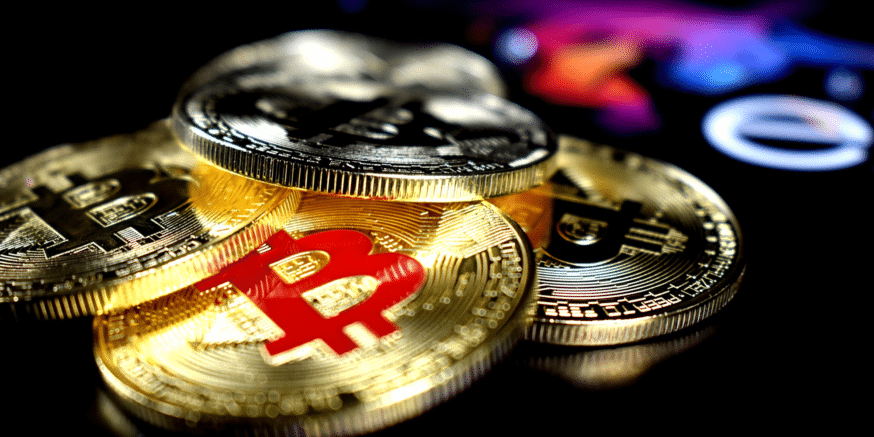TLDR
- Vietnam plans to legalize crypto exchanges, aiming for transparency and security.
-
The crypto market in Vietnam is seeing rising scams, making regulation crucial.
-
Vietnamese banks and firms are preparing to join the crypto market with new exchanges.
-
The government is drafting a decree for piloting digital asset transactions soon.
Vietnam’s crypto market, currently booming with millions of digital asset holders, is preparing for new regulations aimed at curbing rampant fraud and providing a legal framework for exchanges. With approximately 17 million digital asset holders and a transaction volume reaching USD 105 billion, the country is on the verge of officially launching several regulated exchanges. The regulation will not only provide businesses with new fundraising channels but also ensure security and transparency for investors.
The growing interest in digital assets has made Vietnam an attractive market for crypto investors. However, the lack of a clear regulatory framework has left the market vulnerable to fraud and manipulation. Recently, several scams involving fraudulent crypto operations have made headlines, highlighting the urgent need for government intervention. The launch of legal exchanges will serve as a pivotal move in formalizing the market and protecting investors.
Crypto Scams Spark Calls for Regulatory Action
Vietnam’s growing crypto industry has been marred by high-profile scams. For example, in a recent case, the Hanoi police dismantled a fraudulent crypto scheme, Maxx Group, which lured over 3,000 investors. The group raised USD 7.86 million through promises of high returns, only to disappear with the funds.
Similar schemes have been reported, including a pyramid scheme using TCIS cryptocurrency, which raised over USD 2 million from more than 4,000 investors.
The prevalence of such scams has made the need for a regulated crypto exchange environment more pressing. Blockchain experts like Tran Xuan Tien from the Ho Chi Minh City Blockchain Association have highlighted the importance of legal exchanges to avoid such fraudulent activities. With the crypto market being attractive to investors, the absence of regulation has made it susceptible to scams. Experts advise that a foundational understanding of blockchain is crucial for investors to avoid falling for misleading promises.
Vietnam Regulatory Plans and Investor Protection
The Vietnamese government is actively working on implementing a legal framework for crypto exchanges. Several Vietnamese banks and firms, such as SSI Securities and Techcom Securities, are preparing to join the crypto market. The country plans to launch about five licensed digital asset exchanges that will connect to international platforms and support roughly 50 tokenized assets. The exchanges will also facilitate the issuance of asset-backed tokens, although initially limited to foreign investors.
Huynh Quoc Nam, Business Development Director at OKX Global, noted that the introduction of legal exchanges will improve market transparency and protect investors. By incorporating know-your-customer (eKYC) protocols, exchanges will reduce the risk of fraud. Additionally, these exchanges will generate tax revenue, contribute to the growth of adjacent industries, and boost the overall fintech ecosystem in Vietnam.
Future of Crypto Exchanges and Market Growth
Vietnam’s push to regulate digital asset exchanges also aims to attract foreign investment and encourage local blockchain startups to stay in the country rather than relocating to places like Singapore. As the legal framework for bonds and securities has matured, similar regulation for crypto markets is expected to foster a healthy and competitive environment for both local and international players.
The government’s approach includes ensuring the separation of platform assets from investor holdings to prevent market manipulation. Transparency will be critical to ensuring trust in these exchanges. According to experts, these measures are necessary for the long-term sustainability of the crypto market in Vietnam.
The Ministry of Finance has already drafted a decree for piloting digital asset transactions and is expected to finalize it soon. This decree, aimed at controlling liquidity and ensuring the proper accounting for capital raised via crypto platforms, could be enacted as early as this month, marking a critical step for Vietnam’s entry into regulated digital finance.
Despite the regulatory changes, experts caution that the crypto market remains highly volatile and risky. Nguyen The Vinh, CEO of Ninety Eight, warns investors to avoid platforms that promise unrealistic returns. He advises building a strong understanding of the market before diving into crypto investments. Similarly, lawyer Dao Tien Phong, who has experienced losses in crypto trading, stresses that each project should be carefully vetted for its business model, regulatory compliance, and the background of its founding team.







